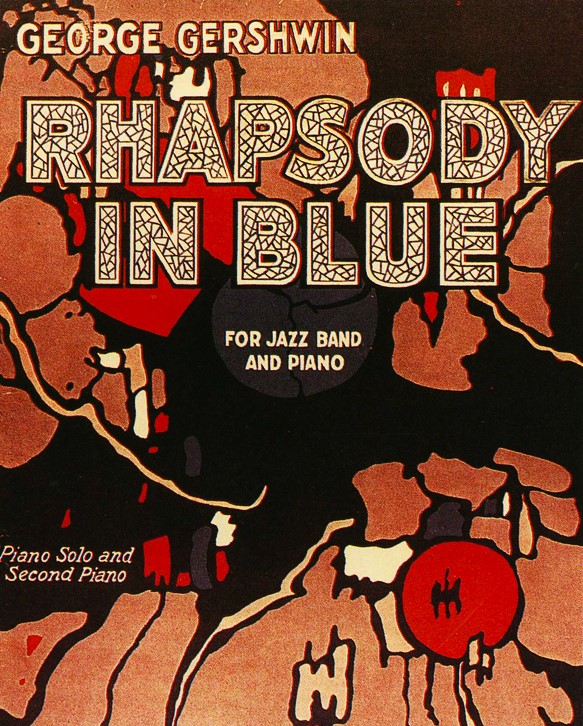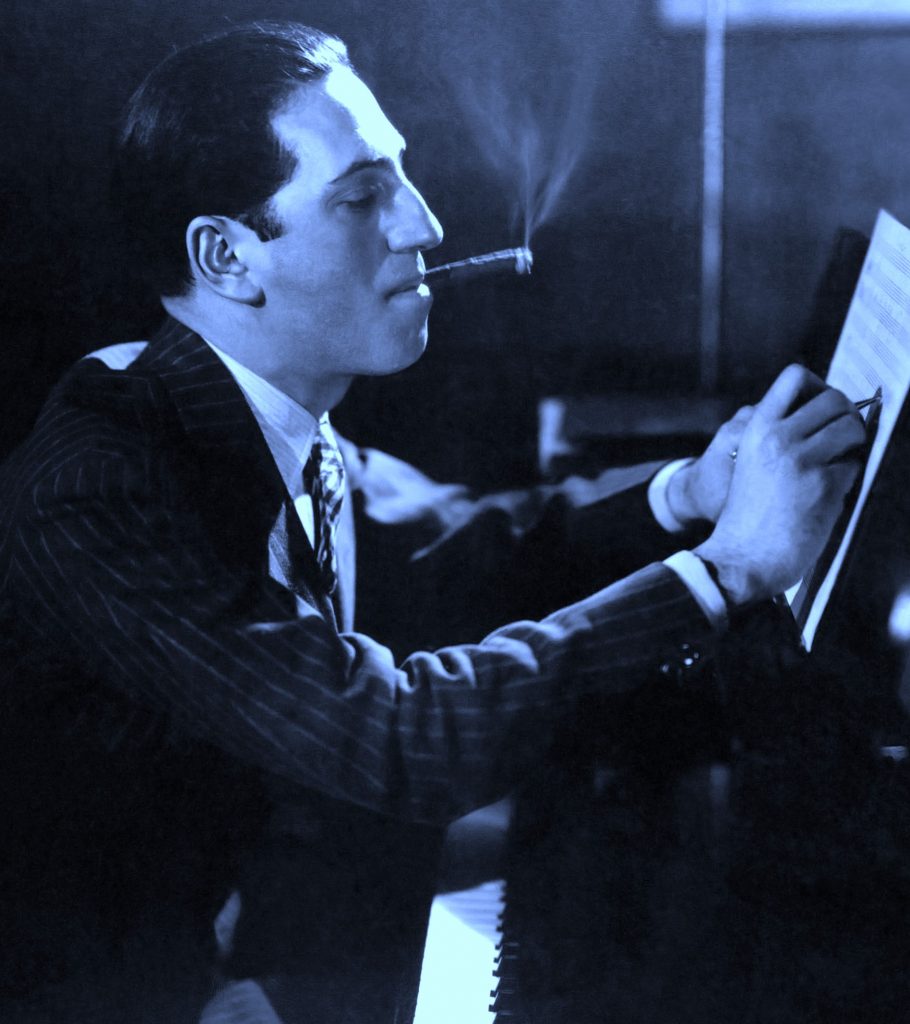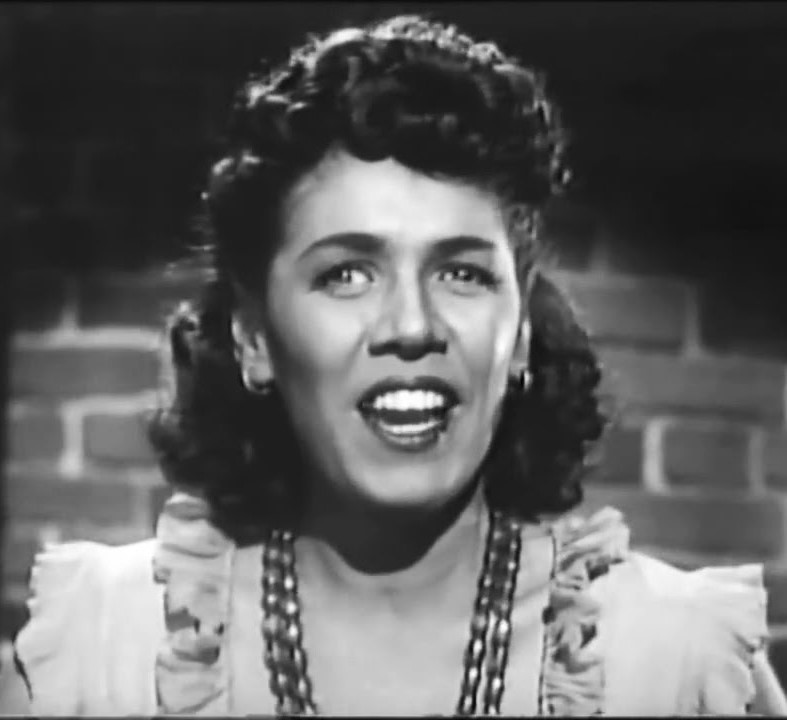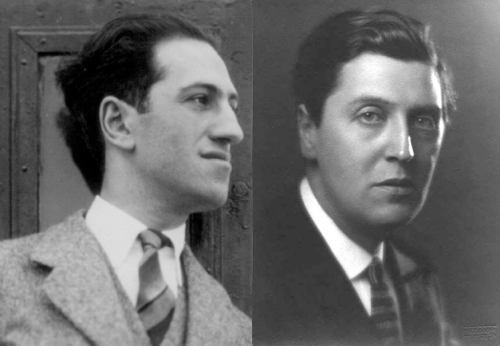
At its premiere 100 years ago, on 12 February 1924, George Gershwin’s Rhapsody in blue was received with a standing ovation after it was performed. At the time, the conductor Paul Whitehead requested that Gershwin write a “jazz concerto” for an event to be held at the Aeolian Hall, a renowned Manhattan concert venue located in the Aeolian Building–coincidentally, this building was also RILM’s original home before the CUNY Graduate Center. Given the centennial of Rhapsody’s premiere in 2024, it is likely to be heard in many different settings and contexts.
Since the piece premiered in early 1924, however, debates have arisen about how much Gershwin knew about writing music. Because his musical language was an unconventional blend of U.S. popular music and European art music, some of his critics assumed that he knew little about writing serious music. This premise has been confirmed somewhat by statements made in early Gershwin biographies, which alleged that he was self-taught.

The inherent complexity of Rhapsody in blue and other subsequent concert works written by Gershwin, however, suggest he knew a great deal about writing music. It is also known that Gershwin received training from the versatile composer and musician Charles Hambitzer as early as 1912, where he discovered the music of Irving Berlin and J.D. Kern, and later received special theory lessons from the composer and conductor Edward Kilenyi. Rhapsody was composed in only five weeks, in spare moments while Gershwin was otherwise occupied with the premiere of a Broadway show. On that time schedule, he had no alternative other than to put what he already knew about writing music into that work.
Celebrate the centennial of the premiere of Rhapsody in blue today by reading the entry on George Gershwin in MGG Online and “Rhapsody in blue: A culmination of George Gershwin’s early musical education”, a dissertation by Susan E. Neimoyer (2003, University of Washington, Seattle); find it in RILM Abstracts.
Below is the classic scene of the Rhapsody in blue premiere in the 1945 Gershwin biopic starring Robert Alda.




